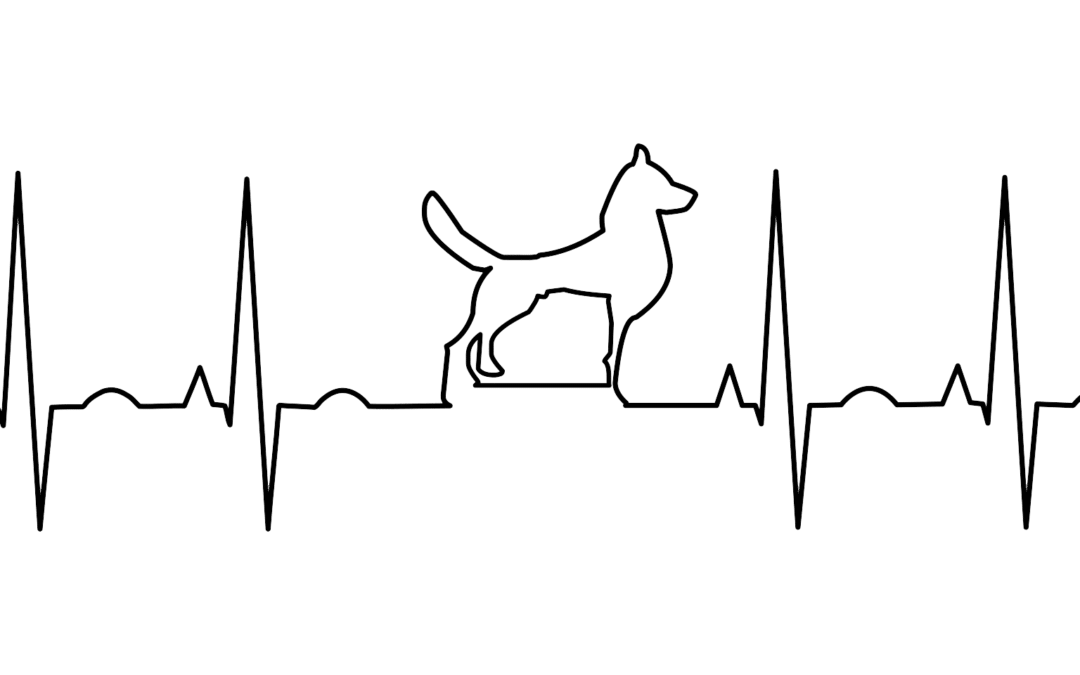Keeping Your Dog’s Heart Healthy
February is American Heart Month, and it’s not just for humans! This is also a time to learn about keeping your dog’s heart healthy, too. Heart disease, which is common in humans, is actually rare for dogs and can lead to serious health concerns, like congestive heart failure. Keeping your dog’s heart healthy will help them to lead a longer and more fulfilling life, and doing so isn’t as difficult as you might think! We’ve got some easy tips down below to help you ensure your dog’s heart keeps stays healthy and strong.
First Things First – Signs and Symptoms of Heart Disease in Dogs
If you notice your dog experiencing any of these symptoms, make an appointment with your bet to have them thoroughly examined.
- Dry cough after exercise
- Cough that worsens at night
- Rapid weight loss
- Fatigue
- Shortness of breath
- Fainting spells
- Pale gums
- Swollen abdomen
Many veterinarians agree that early diagnosis and treatment are the best way to improve life expectancy and quality of life for dogs and cats suffering from heart disease, so keeping a vigilant eye on your dog’s well-being can make a big difference.
Tips for Keeping Your Dog’s Heart Healthy
Diet
The old saying “you are what you eat” doesn’t just apply to humans, and it’s up to you to provide your dog with the nutrition they need to stay healthy. Doing some research on your dog’s breed and what they need nutritionally can go a long way in helping them live long and healthy lives. And although many people think overweight dogs are cute, we all know that obesity is the number one enemy of the heart. If you’re unsure of what food to feed your pup or what portion size they need at each meal time, don’t be afraid to consult your vet.
Supplements
This goes hand in hand with your dog’s nutritional needs. Consult with your vet about supplements for your dog that contain Omega-3 fatty acids Coenzyme Q10 (CoQ10). These are commonly taken by humans for heart heart health, but there are many supplements on the market that have been designed specifically for our pets.
Exercise
Getting the proper amount of exercise is essential for a dog’s cardiac health, and unlike us dog’s love a good cardio workout! There are so many different activities to choose from that you and your dog can enjoy together. Think walking, hiking, running, swimming and even long games of fetch at the park! These are all great forms of exercise for your dog, and yourself! And remember, just because your dog is at a healthy weight does not mean they don’t need to get out and exercise.
Dental Care
There are more reasons than atrocious breath to start brushing your dog’s teeth on a regular basis. Plaque and tartar build up on a dogs teeth can enter the bloodstream, thus contributing to congestive heart failure. Be sure to maintain a healthy teeth brushing routine, and make an appointment with your vet if you notice things like sore gums or bleeding.
Trips to the Vet
No matter how much your pooch hates going to the bet, regular check ups are an essential part of keeping them healthy. It’s recommended that your dog sees your vet at least once a year, and maybe more if there is a health concern. For older dogs, twice a year should be your standard. Early prevention or diagnosis of a heart problem can be the difference between a long life or a short one for your dog.





Recent Comments